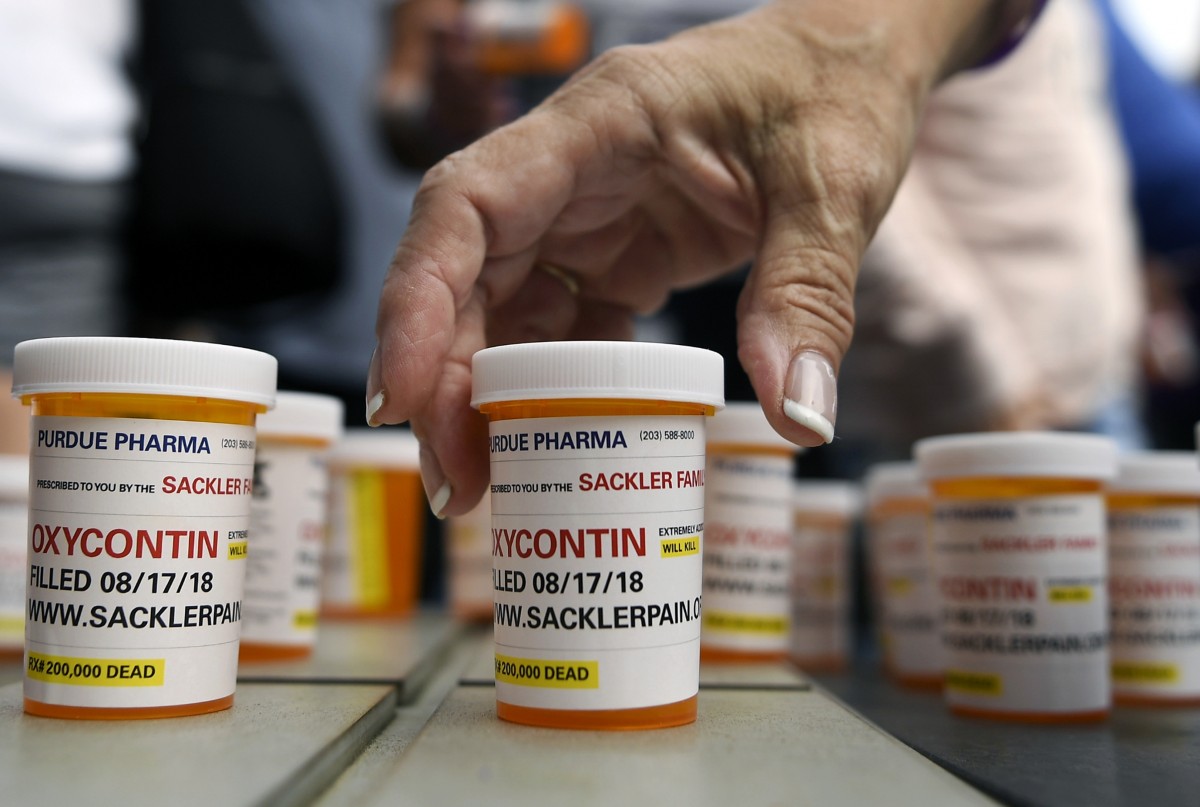School shootings and lockdown drills have been a defining experience for my generation. On social media, countless students have described experiences during shootings or shooting drills – the fear they feel as they huddle in their darkened classroom corners; the sound of loud pops echoing outside of locked and barricaded classrooms that were occupied by happy students just minutes prior; the recognition that if just one of these drills is real, it will forever scar and change their school experience; and for others, the realization that their linoleum hallways have now bore witness to the preventable deaths of children.
Now, in the wake of the Capitol siege that happened exactly two weeks before Inauguration Day, a national conversation among American students about gun control has started up once again on social media.
On January 6, members of Congress and their staff were forced into safe rooms while others were told to hide under their desks or on the floor between seats of the House and Senate chambers until they could be moved to secure locations. Sound familiar? The experience is common among people my age. Speaker Nancy Pelosi admitted that she only knew how to barricade in her office due to her young staffers that had been taught what to do during countless school shooting drills.
One of the most terrifying situations American students endure on a regular basis has now reached our legislators who have the power to create legislation that prevents these events. But as a student whose academic career has been punctuated by school shootings that make national news only to seemingly fade from consciousness weeks later, I’m questioning whether things will finally change, or whether this attack on the Capitol will fade into the background as a “freak incident” – as the school shootings that regularly shock our nation so often do.
School shootings were a regular part of my childhood. I can clearly remember Sandy Hook; I was in third grade during the 2012 shooting that killed 20 elementary school kids and six of their teachers and staff members. But, even when the target was someone my age, I rarely thought about such events coming so close. But for Generation Z, they inevitably do.
The year after I left my elementary school and matriculated to middle school, my former school received a bomb threat. I found out sitting in sixth grade science, when an old friend of mine who had siblings still at the elementary school had told me.
And then, I promptly forgot about it. It didn’t change anything. We continued to do all of the same practice drills where you hide in one corner of the room with all of the lights off and stay quiet until the administration announces over the intercom that it is safe to come out. These started for me in kindergarten and most likely will continue to the end of my high school career.
In the September of my first year of high school, my cousin in New York was killed by a gunman that robbed the restaurant he was working in. Despite not being particularly close with my family in New York, it stunned me. It had finally hit my family.
Just a month later, in October 2018, the shooting at the Tree of Life Synagogue in Pittsburgh filled the news. In a few minutes, 11 people laid dead in the halls of their place of worship, and through the entire day, I was in the midst of a never-ending panic attack as I waited for a Jewish friend who lives near Pittsburgh to confirm they were okay. When I went to my synagogue the next morning, our classes were in a more secure room than usual, and police stood guard outside.
As I entered my sophomore year of high school in the fall of 2019, I assumed it would be the same as all the previous. The year before, I woke up at 6 a.m. every weekday and drove to school, waiting in the parking lot with my Papa for about 10 minutes before students would be allowed in the building. The year before, I would sit in the cafeteria with my friends and talk about the school day ahead and generally joke around with one another.
But one September morning, my principal came over the intercom while I was in Honors Chemistry to announce a hard lockdown because a shooter was suspected to be on campus. Quickly, my class crashed into a corner of the room, all quietly huddled together. I comforted freshmen who were afraid that this was it. I took a friend’s phone to text my mom and grandparents that I loved them. My class stood in the piercing quiet for an hour. Occasionally, we would whisper about where people thought the “shooter” was. They were out by the portables or in the gym or under the bleachers, everyone checking the Snapchat and Instagram stories of their friends to speculate. When police officers came to bang on our class’s doors to see if we were okay, we would all jump. The lockdown lasted an hour and fifteen minutes, roughly, until my principal came on the intercom to say that we had done excellently and released us. Luckily, all of my peers were safe.
The next day, it was announced that an air conditioning unit out by our business education classrooms had gone out and caused the loud popping sounds that were reported. Of course, for the next few days, it was all anyone could talk about – a few people describing holding their friends and crying, and about the sound of helicopters circling the school. I know multiple people who needed counseling.
Every day, I am grateful that my school was not added to the ever growing list of schools that have experienced actual shootings. Still, it is sad that this is something that I should ever have to think about. Gen Z has had our lives marked by school shootings: Columbine, Sandy Hook, Parkland. When Sandy Hook happened, I was only two years older than the victims. My family and teachers reeled with how to explain it. How can you explain it? We have had, by this point, 22 years to fix the problem and assure that students will never have to go through the same fear – that it won’t be normal to huddle in the corner of the room quietly and wonder if this will be the last moment of life, despite the fact that you are still a child who has hardly experienced the world.
In the wake of the historic Capitol insurrection last month, debates around gun control and building security have begun again. For people my age, we have started to make jokes, as we usually do to try and cope with violence. As I scroll through TikTok, I see jokes about “who would’ve protected the Capitol better,” attempts to “rate the terrorists’ outfits,” and so forth, and an especially poignant post by the user @angelaholmessss that reads: “Dear congress, just lock the door, turn off the lights, and huddle in the corner. idk maybe they will just move on to the next room ??♀️. sincerely, the k-12 american student body❤️✨.”
On social media, my generation has started to question if Congress will finally do something to protect us. Even if students have not personally experienced a school shooting, we are still constantly reminded of how close we are to being the “next ones,” but instead of creating legislation to protect students, Congress uses the survivors of these tragedies as political props. Nothing substantive is ever done to protect children or teens from dying in their classrooms. But now that members of Congress were taught how to barricade by staffers who learned what to do during shooting drills, will something happen?
Bob Dylan’s “The Times They Are A-Changin’” is possibly more relevant now than ever. In it, Dylan sings:
Come Senators, Congressmen / Please heed the call / … For he who gets hurt / Will be who that has stalled / There’s a battle outside and it is ragin’ / It’ll soon shake your windows and rattle your walls/For the times they are a-changin’
While Dylan wrote this song against the backdrop of the Civil Rights Movement and the Vietnam War, the lyrics are timeless. More than half a century later, we debate gun control and healthcare like Kennedy and Nixon did. And once more, as we see historic events and the routine change of an administration, we ask the same timeless questions in a new context: Will things finally change, or will we allow ourselves to fail at a crucial turning point in our country’s history? Will the Capitol insurrection fill us with a renewed sense of urgency, or will it simply become another old headline?
As Bob Dylan said, “the present now will later be past.” Times they are a-changin’, and how will we change with them?
Katherine Hudson is a young writer currently attending high school in Knoxville, Tennessee. She plans to graduate in 2022 before going on to college to study history and political science. This is her first published piece.



